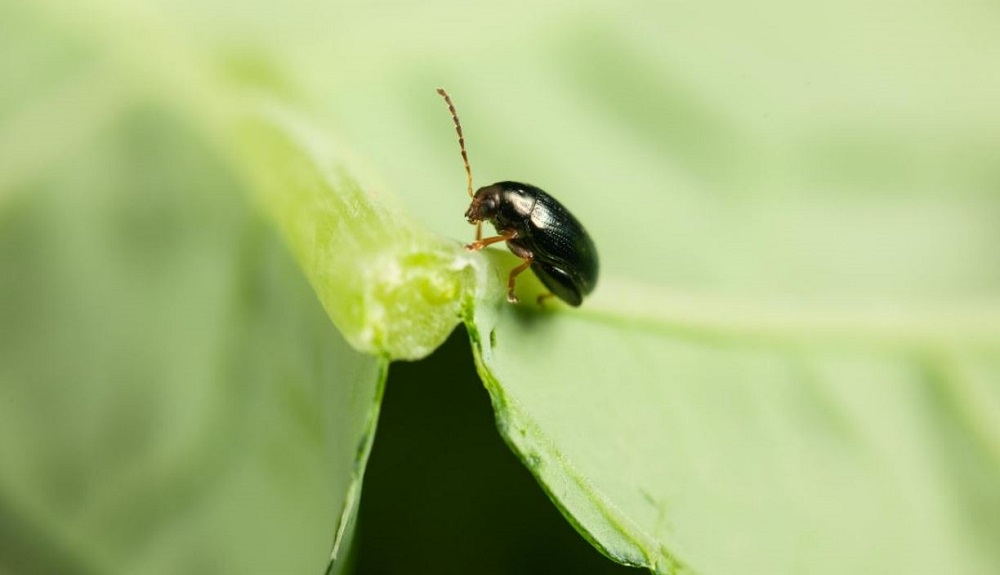- Home
- Knowledge library
- Reducing the impact of cabbage stem flea beetle (CSFB) on oilseed rape in the UK
Reducing the impact of cabbage stem flea beetle (CSFB) on oilseed rape in the UK
Summary
Downloads
21120185 Annual Project Report (2022-23) 21120185 Annual Project Report (2021-22)About this project
The challenge
Cabbage stem flea beetle (CSFB) is the most important pest of winter oilseed rape. Since 2013, when neonicotinoid-treated seed was withdrawn from use in this crop, CSFB management has become far more challenging. Widespread resistance to pyrethroids has also limited the effectiveness of this chemical control option.
The lack of chemical control exposed significant knowledge gaps in pest biology and phenology, including an understanding of the factors that influence adult migration and larval invasion, and the relationship between larval load and crop damage.
Without more information, risk prediction (e.g. adult migration prediction and monitoring) and bespoke risk mitigation options (e.g. targeted control) will be limited.
Recent AHDB-funded research – Integrated pest management of cabbage stem flea beetle (CSFB) in oilseed rape – identified potential alternative control options, which could be incorporated within an integrated pest management (IPM) programme. Farmer surveys identified some of these options, which now require testing and validating to determine their effectiveness.
The project
Investigating cabbage stem flea beetle biology (work package 1)
This package will:
- Investigate the factors that influence adult migration (enabling better prediction of the start, magnitude and length of adult migration)
- Monitor adult beetles, to predict adult feeding damage, including growth stage preferences (identifying the stages preferred by migrating adults will assist with the optimisation of trap crop approaches)
- Study the role of temperature on egg and larval development, the effect of larval number, invasion date, and crop condition on crop development/yield (aiding prediction of larval risk and the development of mitigation strategies)
Testing ways to avoid or mitigate cabbage stem flea beetle risk (work package 2)
This package will:
- Evaluate non-chemical control options through on-farm trials, such as adjusted sowing dates, stubble management, and the use of trap and companion crops
- Compare control options and identify approaches effective as singular control options and those best ‘stacked’ with other control options. Note: It is likely that multiple cultural options will be required to control populations sufficiently
*Extra trial
AHDB funded an additional trial (£8,320+VAT) in the 2023–24 growing season. The trial built upon earlier project results and specifically investigated the combined use (stacking) of trap crops, companion planting and flowering margins to reduce CSFB risks in the oilseed rape crop.
The benefits
Ultimately, this project will identify a suite of control options for the minimisation of crop losses to CSFB. It will provide increased confidence for farmers in the UK to grow winter oilseed rape. It will give growers an improved understanding of CSFB biology and the management options most likely to help avoid and mitigate CSFB damage.
Trial topics
On-farm investigations include:
- Straw mulches
- Stubble length
- Companion crops
- Organic amendments
- Trap crops
- Varietal tolerance
- Establishment approaches
- Crop nutrition
- Interaction trials
Also...
Find out how the csfbSMART initiative makes it easier to share pest management experiences
Watch a project update (Agronomy Conference 2023)
Related research projects
Related resources


